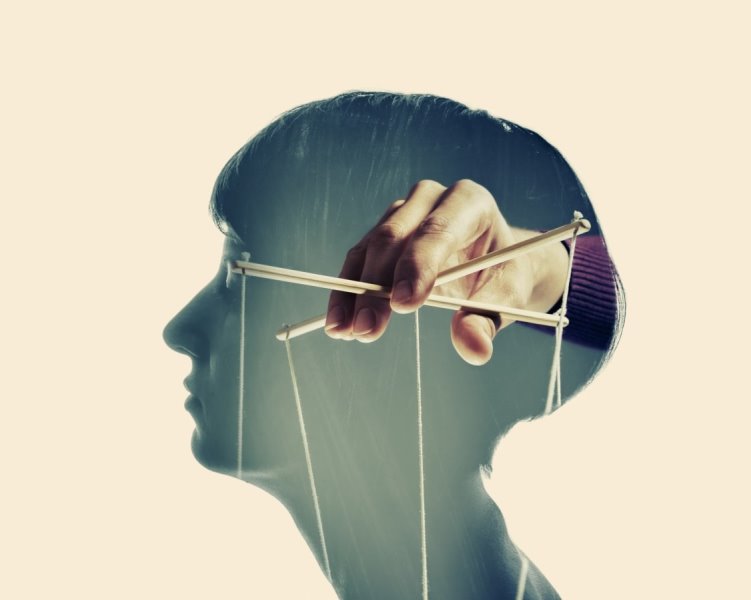There was a time when I doubted my thoughts, feelings, and reality because of a relationship. I learned that my partner was using a psychological weapon as a control tactic against me.
The gaslighting began slowly at first, but after a few months, it became full-swing and I became anxious, frustrated, and confused. In order to have something to refer back to when he told me I was wrong or imagining things, I began writing things down.
I was surprised when he told me that he paid for everything, so I began recollecting all the times I had actually paid for everything. Despite having my bank statement in front of me, he told me I was exaggerating.
He would never admit any fault no matter what I did, no matter what I said, or no matter how obvious his lies were.
According to Newsweek, the term “gaslighting” came from a 1938 play called “Gaslight” (the movie versions followed) in which a man psychologically tortures his wife and convinces her that she is going insane.
On the surface it’s a Victorian melodrama, a real potboiler, but it is uncannily insightful and accurate in its depiction of an abusive relationship.
The Term Gradually Engrossed in our Language
People with a narcissistic personality disorder or who are sociopaths are more likely to engage in gaslighting. Nevertheless, it can happen to any individual whose partner continuously invalidates and denies their feelings and perceptions.
As part of a video I posted to my network about gaslighting, I asked people to send me examples of how they have been gaslighted in the past.
Here are a few responses that I received and which attempt to describe how Gaslighting sounds in a relationship.
“You’re remembering it wrong.”
“Why do you always scream when I’m just trying to have the talk you wanted?”
“I’m just trying to help you, I don’t remember saying/doing that.”
“It was just a joke.”
“You took it the wrong way.”
“It’s your own fault for looking.”
“I didn’t say I didn’t do it. I said I don’t remember doing it.”
“You always jump to ridiculous conclusions.”
“That didn’t happen.”
“I didn’t hit you.”
Gaslighting is terrifying dangerous
Initially, it’s so subtle that you’d never notice it. Perhaps you are telling your partner a story and he or she changes a tiny detail. Together you agree that you have remembered it incorrectly.
It becomes increasingly difficult to trust your memories and thoughts over time because a normal, healthy individual would not lie to you about something so trivial. In the end, you are looking to your partner for validation, so naturally, you don’t assume they are lying to you or manipulating you.
They use your trust and love as a means of power to completely control you.
Gaslighting can have long-term effects on the victim, and the longer it takes place in a relationship, the more likely it is for the victim to suffer long-term effects.
Being subjected to gaslighting will have tremendous effects on your emotions, health, well-being, and sense of self.
Asking yourself one question will show you whether your partner has gaslighted you.
Are they invalidating and denying your experiences and feelings?
You should reevaluate your relationship if the answer is yes.
There are two options available to you. Talk to your partner, explain how their behavior hurts you, and give them a chance to fix it.
Or… you quit.
A true lover will never invalidate your feelings, control you, manipulate you, or lie to you. Rather, they are going to listen to you, support you, tell you the truth, and most importantly, not try to gaslight you.

